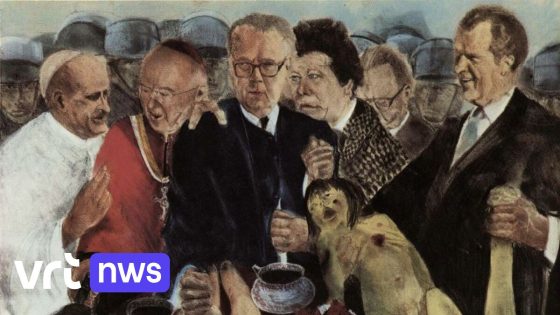The new minimum goals for primary education in Belgium are sparking debate among educators and parents alike. These updated standards, set to take effect from 2025-05-15 05:00:00, outline what young learners should know and be able to do, from counting to historical knowledge. But how well do these goals reflect classroom realities?
- Experts criticize minimumdoelen set without consultation
- Assess ability to meet history minimumdoelen
- Students learn anti-bullying and Congo history
- Kleuters count to 20 and know letters
- New minimumdoelen finalized for basic skills
- Focus shifts to implementing math minimumdoelen
Experts like Hilde Rabaut have criticised the process, noting that the minimum goals for kindergarten were drafted without consulting the teachers who work with these children daily. Meanwhile, the public is invited to consider whether the new history objectives for primary schools are achievable for most students.
With topics ranging from basic literacy and numeracy to understanding figures like Garcia II of Kongo, these minimum goals aim to ensure a well-rounded education. But what does this mean for Belgium’s young learners and their teachers?
Are these minimum goals realistic, and will they improve learning outcomes? The debate highlights key points worth considering:
- Teacher input was limited during the development of early education goals, raising concerns about feasibility.
- New standards require children to master counting to 20, recognise 15 letters, and grasp key historical facts, increasing curriculum demands.
- Mathematics goals are seen as a starting point, with the real challenge lying in effective teaching and resource allocation.
As Belgium moves forward with these minimum goals, ongoing dialogue between policymakers, teachers, and parents will be crucial. How can schools best support children in meeting these standards? The answer will shape the future of education in Belgium.































